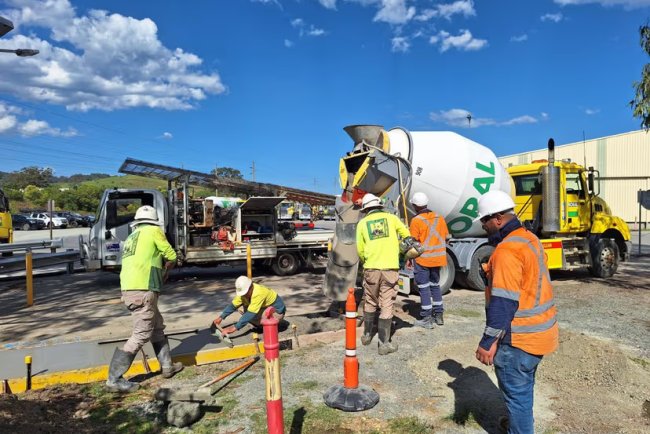UAE and Bahrain Launch Satellites for Environmental Monitoring
The UAE and Bahrain launched Etihad-SAT and Al-Munther satellites via SpaceX’s Falcon 9 rocket for environmental monitoring. These satellites will aid in oil spill detection, urban planning, food security, and maritime activity tracking. The launch highlights the Middle East’s growing focus on sustainable space operations.

The UAE and Bahrain have edged towards environmental sustainability with the deployment of their satellites, Etihad-SAT and Al-Munther. The two satellites were launched into space by SpaceX's Falcon 9 rocket from California's Vandenberg Air Force Base. The new satellites to the region's space program will be employed in environmental monitoring, city planning, and food safety.
Enhanced Sustainability Through Space Technology:-
The launch is a step forward in sustainable space operations, with the two countries applying satellite technology in the battle against environmental issues. The UAE's Mohammed Bin Rashid Space Centre (MBRSC) developed Etihad-SAT, which has radar technology for obtaining high-resolution images irrespective of the climatic condition. Features of the satellite include oil spill detection, supporting agriculture, and tracking sea activities.
Bahrain's Al-Munther is its locally developed and constructed satellite. The 3U CubeSat features artificial intelligence (AI) to process images from the satellite in orbit, reducing data transmitted to Earth. The satellite is meant for desertification monitoring, urban planning and development, and food security assessment.
Applications in Environmental and Economic Sectors:-
The two satellites will play a significant role in environmental protection and economic sustainability. Etihad-SAT capabilities will be helpful in detecting oil spills and regulating sea activities and therefore be a vital tool in conservation of the oceans. Satellite capability for observing farm patterns will also help in planning regional food security.
Al-Munther's AI technology will provide real-time data on land use and urban expansion, which will help the city planners utilize resources and infrastructure to the fullest. Its capability to monitor desertification is particularly relevant to Bahrain, where climate change continues to impact land and water resources. Minimizing data transmission via onboard AI processing also makes the satellite more efficient and less expensive to operate.
The Middle East's Future of Space Sustainability:-
This success is a reflection of an increasing level of commitment by the UAE and Bahrain to merge environmental sustainability with space technology. The region is spending heavily on research and development to enhance satellite capabilities and optimize the efficiency of space-based environmental monitoring.
As the need for space environmental solutions expands, the Middle East is working on positioning itself to be at the forefront of environmentally conscious space activities. The UAE and Bahrain's initiative can be a precursor to more future partnerships and innovations in space technology that will assist in reducing the world's environmental concerns.
Source: Arab News
What's Your Reaction?

















